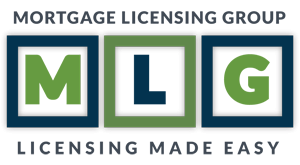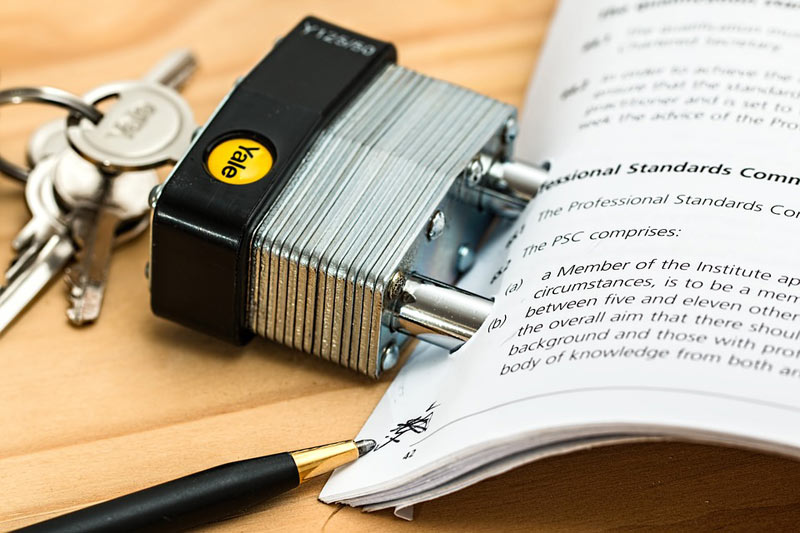What is a Surety Bond and Do I Have to Obtain One to be a Licensed Mortgage Broker?
 Obtaining your mortgage broker license is often a journey that requires many different steps. One of these steps includes the securing of a surety bond. For those beginning their journey of becoming a licensed mortgage broker, understanding what a surety bond is and how to obtain one is crucial.
Obtaining your mortgage broker license is often a journey that requires many different steps. One of these steps includes the securing of a surety bond. For those beginning their journey of becoming a licensed mortgage broker, understanding what a surety bond is and how to obtain one is crucial.
Surety Bonds Explained
At its simplest, a surety bond is a contract that involves three parties. There is the:
- Principal: the individual or organization in need of the bond. They purchase a surety bond to guarantee the performance of their work.
- Surety: the insurance company issuing the bond. The bond provides funding if a principal fails at their outlined performance tasks.
- Agency/Obligee: the entity requiring the bond. These are generally governmental agencies that regulate industries.
The bond itself serves as a contract in which the surety guarantees to an agency that the principal will act in accordance with the terms established in the bond. This includes following any relevant contractual agreements, laws, and other regulations required by the oblige. In the event that the principal fails in their duties, the bond will then require that the insurance company pay the agency the amount of their claim (which cannot exceed the bond amount). The principal is then expected to repay the amount reimbursed to the insurance company.
Unlike standard insurance policies, a surety bond doesn’t serve to protect a business but stands as proof that your company is reputable and trustworthy. A surety bond does not replace the function of a business’s liability insurance.
In addition to mortgage brokers, surety bonds are often part of the application requirements for companies working on federal projects due to the Miller Act, or for companies that require extensive licensing from the federal, state, or municipal government, or when there is a need for high trust – such as with used automobile dealers.
How Do Surety Bonds Work for Mortgage Brokers?
In the lending industry, mortgage brokers represent the principal. They need the bond in order to obtain their mortage broker license. When mortgage brokers get bonded, the bond serves as an external financial guarantee that in the event of a breach of duties (including compliance to any relevant rules and regulations), then the agency requiring the bond can make a claim on the bond and seek financial compensation for the breach.
For instance, if a mortgage broker approves a loan to a client for a residential mortgage that they know is unable to repay the mortgage, then a claim may be brought before a court. If the case proves that the mortgage broker failed in upholding their duties, the claim may be paid to cover the financial penalties. When a claim is paid, the insurance company will then seek payment from the mortgage broker to serve as reimbursement for the bond payment.
What is the Cost of Surety Bonds?
In order to secure the bond, the principal must pay a percentage of the bond price in order to get bonded. This is called the premium, and it is generally between 1% and 4% of the bonded amount. The actual premium price will depend upon multiple factors though, including the broker’s level of professional experience, their credit score, and their current financial standing. It will also depend on what bonding amount is required. Brokers who are just entering the field and those with poor credit scores will pay more to get bonded than those with extensive experience and/or high credit scores. For high-risk candidates, premiums can be as high as 15%. The premium price will also depend upon the value sought for the bond; high-value bonds will cost more than those with lower required bonding amounts.
Securing a Surety Bond
Obtaining a surety bond is a fairly simple process and can even be done online. The mortgage broker can begin contacting bonding companies and insurance companies to obtain quotes for the surety bond they require, similar to the process for shopping for an insurance policy. One key thing to keep in mind is that different state or local governmental agencies (obligees) may have different requirements for the surety bonds mortgage brokers need to operate legally. When a broker has intentions to operate in more than one state or jurisdiction, they may need to obtain separate surety bonds for each one in order to comply with the requirements.
If you are considering a path toward becoming a licensed mortgage broker, it is important that you understand the surety bond requirements and secure one that will allow you to operate in a compliant and legal manner for the market you are serving.
The Mortgage Licensing Group, Inc. is a full-service mortgage licensing firm headquartered in Southern California that is recognized throughout the industry as an experienced and reliable service provider. Established in 2006, our company has been on the forefront of the ever-changing rules and regulations, helping alleviate the often daunting task of meeting the diverse state licensing requirements for our clientele.

